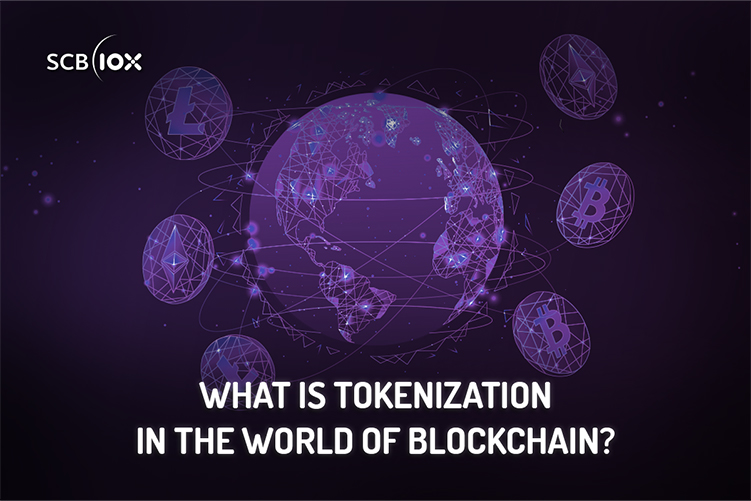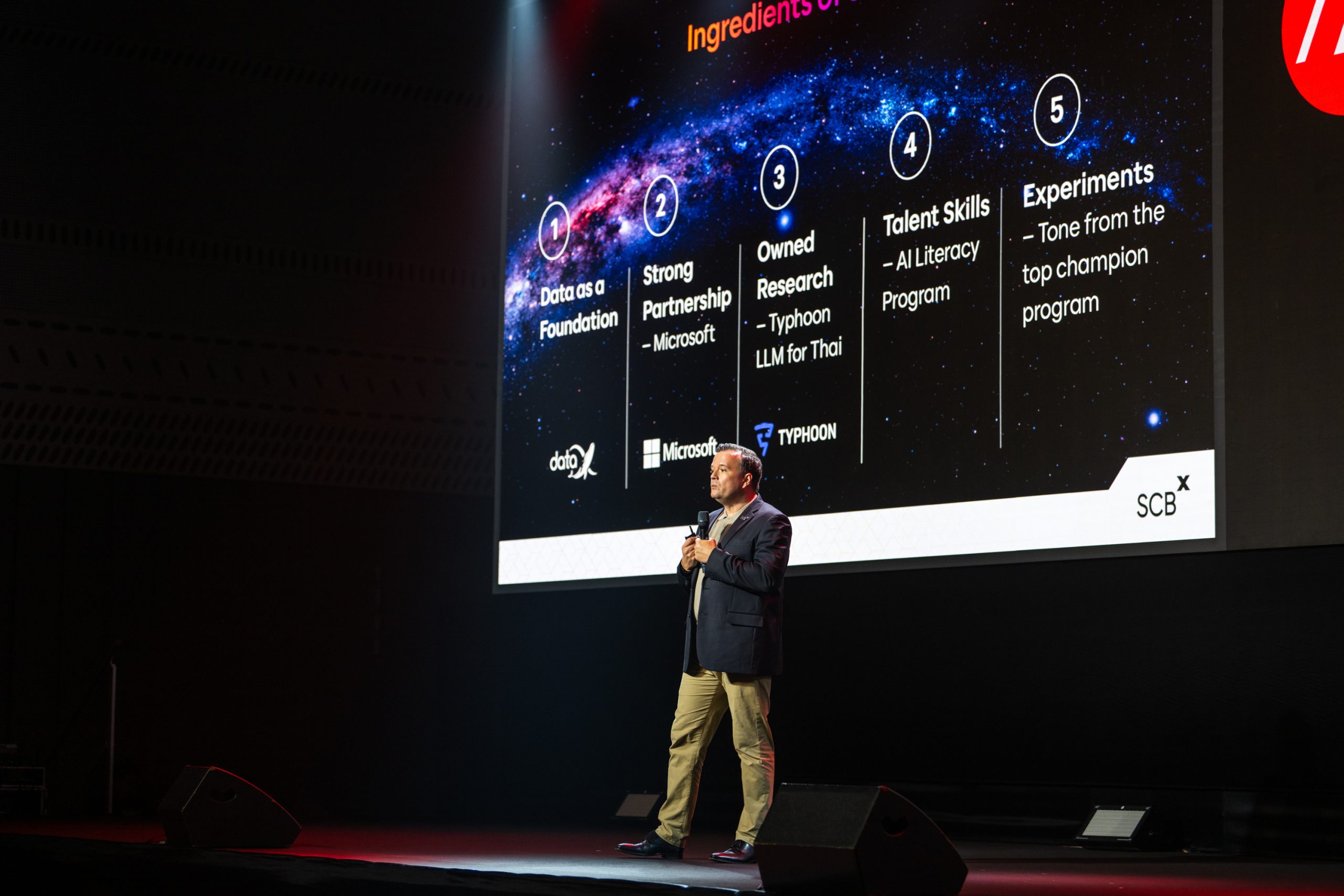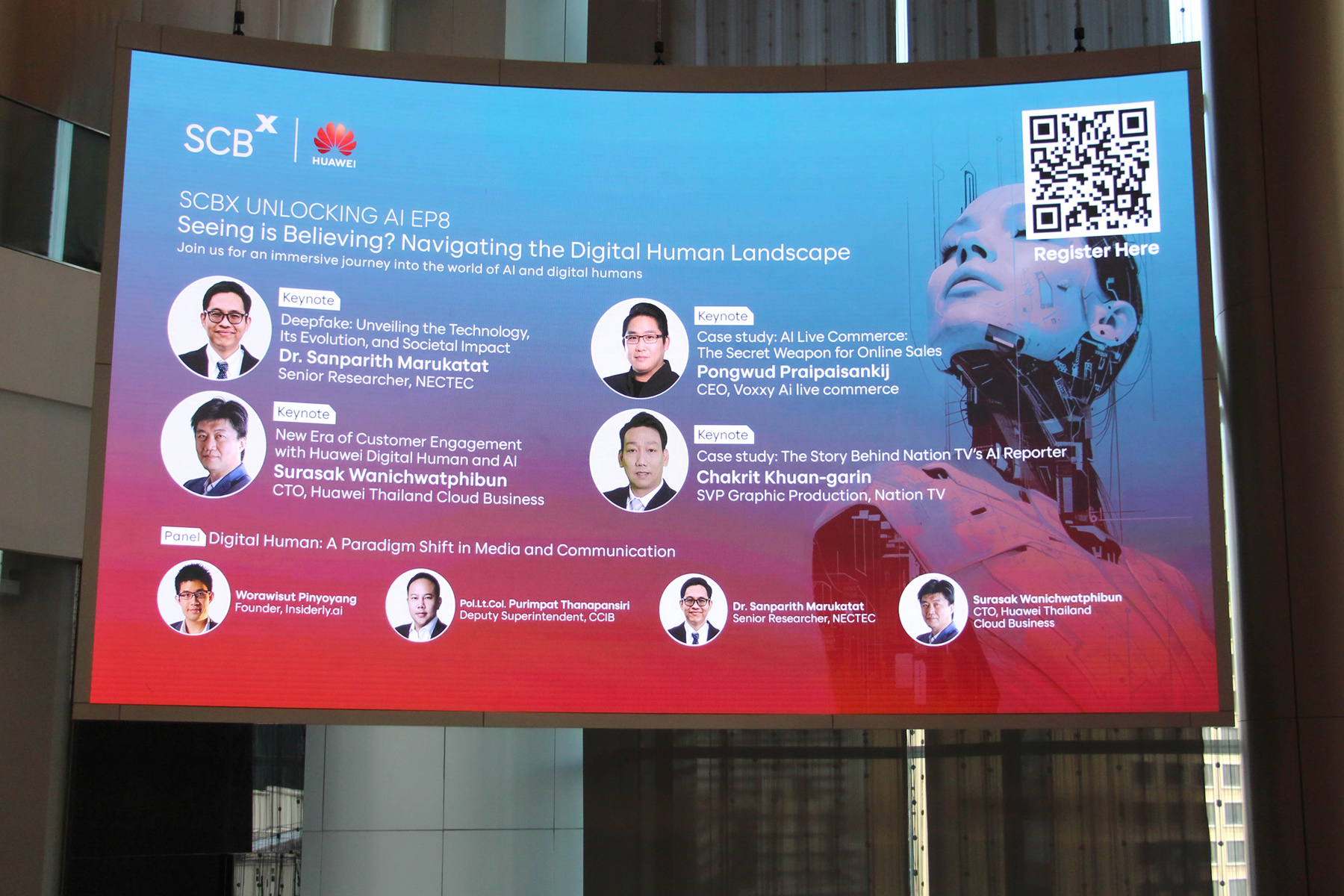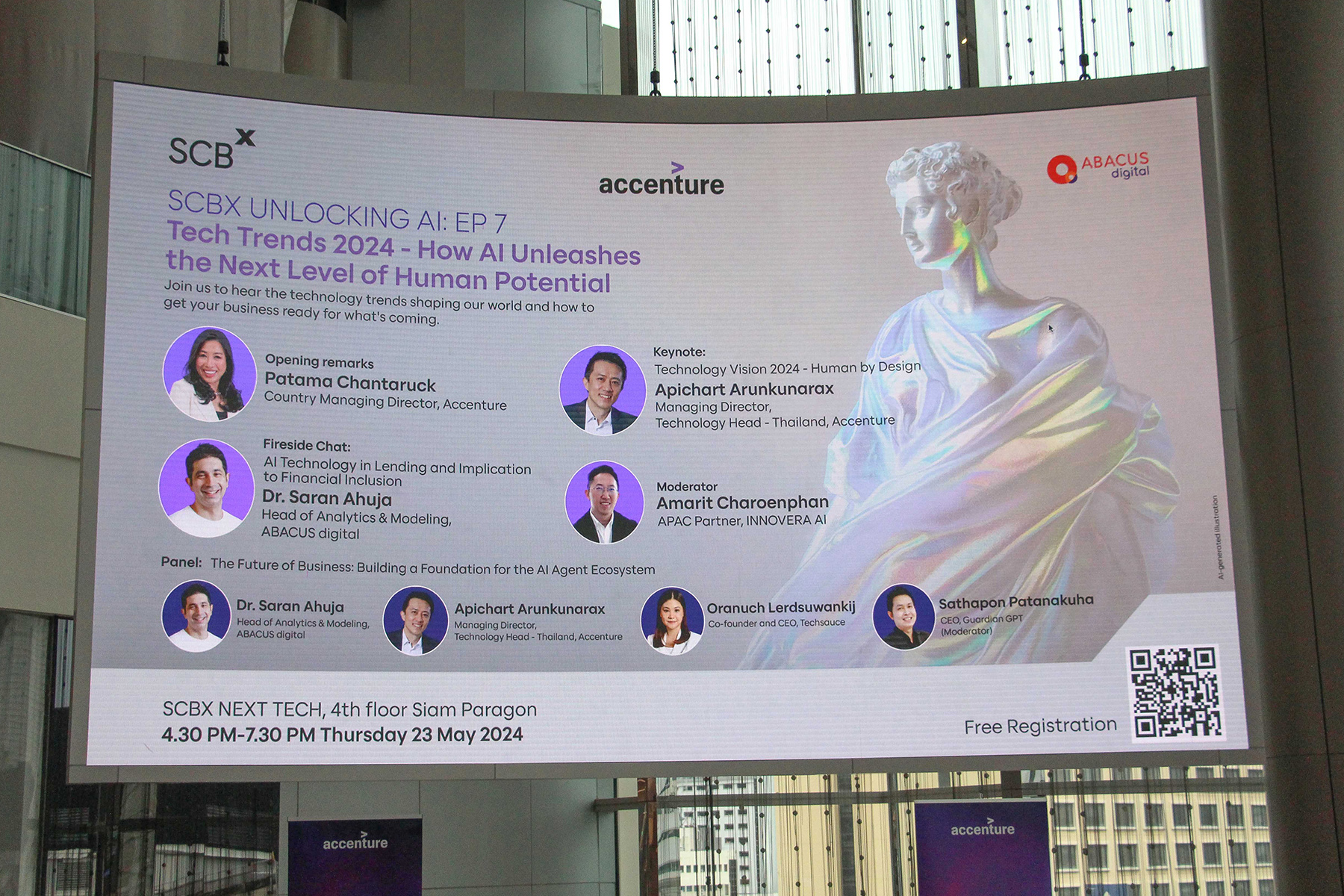Introducing Blockchain Tokenization
Tokenization is one of the most important solutions introduced by blockchain technology. Due to its transparent, immutable, and distributed setup, it is anticipated that this process will transform most financial assets and technological models.

In recent years, tokenization has gained prominence and significance, particularly in business circles, because it is a solution that creates new investment opportunities from emerging market trends. Tokenization will not only increase a company’s cash flow, but also automate processes and make the acquisition of new assets easier.
What exactly is Tokenization?
Tokenization is the process of converting assets into digital tokens that can be stored, transferred, or saved on blockchain. Simply put, tokenization is the process of converting the value of an object, such as a painting or carbon credit, into tokens that can be transferred and managed on blockchain, or the process of converting ownership of assets to digital tokens with their own value on blockchain.
Bitcoin, for instance, represents the tokenization of computing power and electrical consumption into a medium of exchange. Blockchain is a platform or structured system for trading non-tradable items, such as computing power or anything related to the use of electricity, which is impossible without tokenization. Additionally, it benefits from enhanced speed, transparency, and security.
A second example is tokens that have transferred the traditional value of money to the blockchain network, where digital tokens are digital currencies that enable trading, storage, and value transfer within the digital world.
Why is tokenization advantageous for various asset-related activities?
The majority of the world’s assets are difficult to divide and transfer. Instead, buyers and sellers exchange documents that represent the assets. However, documents contain numerous legal agreements that are cumbersome, difficult to transfer, and difficult to track. Tokenization has facilitated this by associating these assets with tokens.
These are the assets that exist solely as a result of the operation of the law; no physical object exists. Copyrights, carbon credits, patents, are examples.
The difficulty in tokenizing these assets is ensuring that the blockchain system’s model of asset transfer matches the actual model of transfer. These assets are easier to tokenize because they do not require storage or shipment. However, jurisdictional differences may make the transfers challenging.
What is Tokenizable?
Real estate, company stocks, footwear, and even personal tokens representing the identity of the token’s owner can all be tokenized. Some popular examples are:
- Personal Tokenization: Individuals can issue their own virtual tokens and receive compensation for services rendered. Consequently, individuals are able to share their experiences and expertise via their virtual tokens. It is speculated that the social status, knowledge, and wealth of token owners will determine the future value of these tokens. In recent years, celebrity and athlete tokens were introduced for the first time, and entrepreneurs and influencers are increasingly interested in launching their own virtual tokens.
- Real Estate Tokenization: The right to own a piece of property can be converted into millions of tokens issued in the form of entire parcels of land (e.g., in square meters). A second example is a shopping center in which hundreds of individuals can own a portion of the property, which can provide profits to token holders automatically and transparently, such as through the use of smart contracts on a platform. Moreover, the tokenization system eliminates numerous complex procedures and facilitates access to all resource-related information, such as ownership history.
Token types
- Security Token Offering (STO) is a type that is suitable for fundraising when it may be difficult for many companies to raise funds for their launch and development projects. Therefore, issuing their own tokens gives them greater control over incoming and outgoing cash flow.
- Initial Coin Offering (ICO): Businesses can currently raise funds through ICOs, as opposed to traditional fundraising channels such as IPOs, because they can issue tokens for investors to purchase with cryptocurrencies.
- Utility Tokens are used to determine the value of newly formed joint ventures. Tokens can be used to pay for services, purchase goods, or participate in voting and polls to influence project outcomes. The greater the token’s value, the greater its utility. In addition, the greater the potential for project growth, the greater interest there will be in purchasing tokens in anticipation of future returns. In addition, investors may receive discounts for a variety of the company’s services, coupons, free advertisements, or even participate in the distribution of profits from the joint venture.
Benefits of Tokenization
The tokenization procedure has a number of evident benefits, including:
- Facilitates the transfer of real-world objects to the blockchain.
- Increases the capability to verify the true origin of each tokenized object or asset.
- Enhances the transparency and security of computer systems.
- Constructs a system that can be thoroughly inspected or distinguished easily, including other facilities.
- Ushers businesses into a new era with a structure covering work and safety in all areas.
- Reduces intermediaries and operating costs.
- Decentralization of the token system’s internal processes, which aids in controlling privacy and enhancing security.
Has Tokenization’s Future Arrived?
It is undeniable that tokenization is growing in popularity, along with its potential. Token X Co., Ltd. (Token X), a subsidiary of SCB 10X, which is a subsidiary of SCB X Group, is one example of a company that is attempting to develop this business. Token X plans to offer comprehensive digital token business services. The Securities and Exchange Commission recently approved Token X as an ICO Portal service provider.
Token X aspires to be the leading enterprise in ASEAN for digital asset tokenization by 2025 by collaborating with leading corporate customers from a variety of industries across the nation to continue driving new growth via ‘tokenization’ Please visit www.tokenx.finance or www.facebook.com/tokenx.th for additional information.








